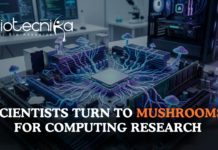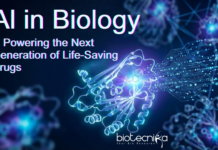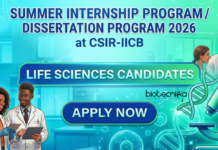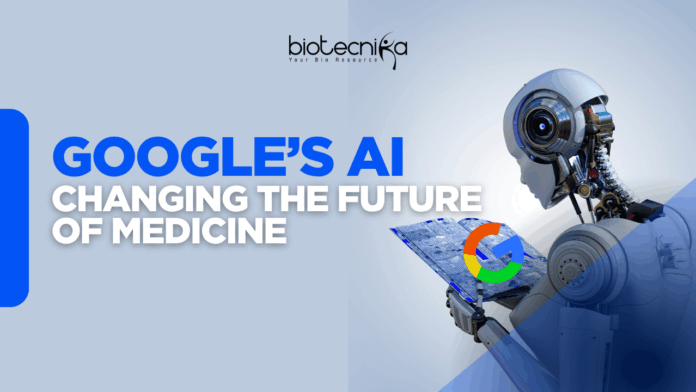From Algorithms to DNA: How Google’s AI Is Changing the Future of Medicine
When you think of Google, you might think of search bars, maps, or YouTube rabbit holes, but not petri dishes and DNA codes. However, behind the servers and algorithms, Google has been changing one of science’s greatest frontiers, genomics. This month marks 10 years from the start of Google’s journey of deciphering life’s blueprint. What started as a modest side project in 2015 has turned into a global scientific force.
In 2015, a handful of researchers at Google had an unconventional idea to utilize artificial intelligence, not for ads or apps, but to decipher the genetic code that defines every living thing. Their goal was astonishing, yet simple: to make genome sequencing faster, more innovative, and more precise. With that, a decade-long journey began that now encompasses everything from human health to wildlife conservation.
Initially, we focused on developing the tools. In 2018, Google utilized a milestone called DeepVariant, a deep-learning-based approach that enabled the determination of variants in DNA data with unprecedented accuracy. Researchers across the globe quickly adopted it, and it helped create the first complete human genome by solving the final 8% of the human genome’s mystery.
In 2022, DeepConsensus was introduced, a tool that enhanced the accuracy of long-read sequencing. DeepConsensus provided researchers with a throughput gain of 250%, allowing the mapping of complex genomes faster than before. Also, in 2022, Google’s AI began contributing to the Telomere-to-Telomere (T2T) project, which helped the scientists piece together every last genetic puzzle piece in humanity‘s code.
Yet, this story would not come to a close with humans. The tools from Google also underpinned the Human Pangenome Project, which developed a reference genome that reflects the genetics of diverse populations, a natural evolution toward genetics in truly inclusive medicine. For example, it began in rare disease discovery and then extended to looking at traits across ethnicities. Google’s AI was not just reading DNA anymore; it was learning to hold new insights about understanding DNA.
By 2023, things got even more “futuristic”. With alphaMissense, another piece of Google brilliance, the AI began predicting which protein-coding variants might lead to disease. This shift in predictive genomics offers hope for not only improved diagnosis of inherited disorders but also treatment. Next up was Enformer, an AI model that could predict gene expression- just like a weather forecast for your DNA.
Then came the year 2025, and things became interesting. DeepSomatic, Google’s latest innovation, can identify mutations that cause cancer with astonishing specificity and record speed. In initial tests, it identified mutations that had not previously been detected and even pioneered new pathways for personalized cancer treatment. Additionally, that year, AlphaGenome began to decode the “dark matter” of DNA, the strikingly puzzling regions of non-coding DNA that had confounded scientists for decades.
However, it is not only human health that Google’s genomics division is focusing on; it has also turned its attention to the planet. Jointly with conservationists, it has helped sequence the genomes of 17 critically endangered species, providing new tools to help prevent species from going extinct and to preserve biodiversity. From the lab to the rainforest, the code of life is now being written in Google’s digital ink.
A decade, a mailbox full of AI-enabled discoveries, and innumerable terabytes of genetic data later, Google’s genomics journey is transforming the rules of biology. What was once an inconspicuous side project is now a revolutionary landmark event that demonstrates the same technology that recommends your favorite cat video may also help cure cancer and even save the planet.























